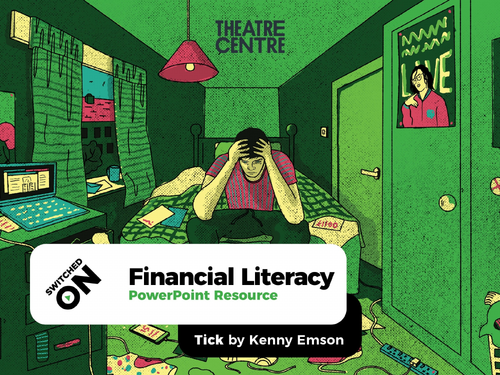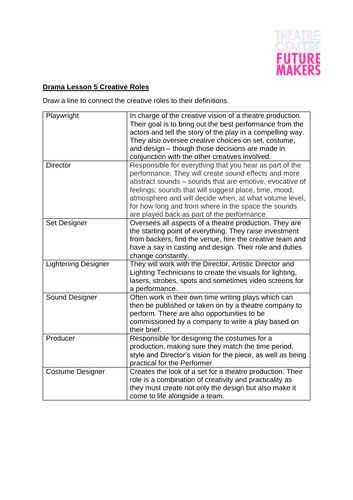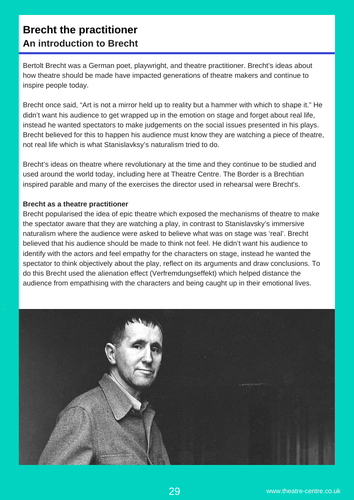Theatre Centre
Theatre Centre brings world-class theatre straight into the heart of schools. We've been touring for nearly 70 years and providing exciting, creative resources for teachers and students. We commission professional artists, designers, writers, teachers and practitioners to create cutting edge work with young people (and theatre!) at the centre. Theatre Centre is an Arts Council registered National Portfolio Organisation.




















